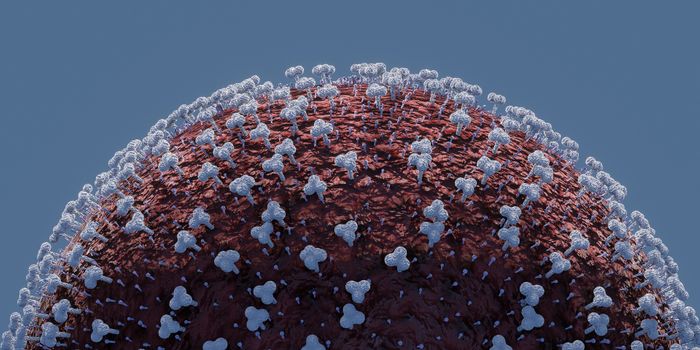The Link Between BRCA Mutations and Prostate Cancer
A study, published in the New England Journal of Medicine, examined DNA repair genes and whether mutations in these genes are highly prevalent in prostate cancer. They found that mutations in a gene commonly associated with breast cancer and ovarian cancer in women may also play a larger role in metastatic prostate cancer than doctors previously thought.
The study results could mean a shift in how genetic testing is conducted for men with prostate cancer. In particular, men with the high-risk, metastatic form of the disease may want to be checked for heritable mutations that could be passed on to their children.
The team found that nearly 12 percent of the men were born with the DNA mutations associated with their cancer. This means a large proportion of these men inherited the DNA mutations from their parents. And in particular, mutations in the BRCA2 gene appeared in 5 percent of the men, making it the most commonly defective gene. Compared to men without prostate cancer, men with advanced prostate cancer were 18 times more likely to have a BRCA2 mutation.
The BRCA genes, also known as the Breast Cancer genes, are a well-known DNA repair genes in the context of breast and ovarian cancer. Mutations in this cancer duo account for 20 to 25 percent of all hereditary breast cancer types.
But while the perception of BRCA mutations has influenced the course of treatment for women at risk or battling breast cancer, the same mutations have yet to elicit a similar response for prostate cancer. And the research team hopes their study will change this.
"Our study has shown that a significant proportion of men with advanced prostate cancer are born with DNA repair mutations -- and this could have important implications for patients,” said Johann de Bono, professor at the ICR, who led the study in the United Kingdom. "Genetic testing for these mutations could identify men with advanced prostate cancer who may benefit from precision treatment. We could offer these men drugs such as PARP inhibitors, which are effective in patients with certain DNA repair mutations and are showing important anti-tumour activity in ongoing clinical trials.
Prostate cancer is the most common form of cancer in men, a statistic that highlights the need for better screening tools for this half of the population. "As doctors, we all know patients who say their father and grandfather had this cancer. We need to do trials to evaluate this risk. Then we could look at preventive strategies," said de Bono.
Though it’s too early to recommend screening in all men, the team hopes this will one day be a routine assessment. "In future testing all men with advanced disease for these mutations might help select the most effective treatments for them,” said Iain Frame, professor at the Prostate Cancer UK.
Additional source: Institute of Cancer Research, BBC









